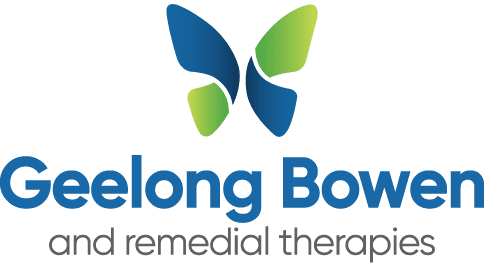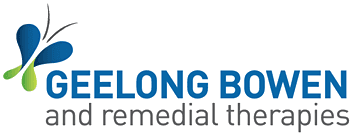Myotherapy stands as a sophisticated and specialised therapeutic discipline at the intersection of healthcare and musculoskeletal wellness. With its focus on the assessment, treatment, and management of musculoskeletal pain and dysfunction. Our myotherapists are dedicated to enhancing your quality of life through precision and comprehensive care.
Incorporating expertise and knowledge of physiological processes encompassing how muscles function, respond to stressors, and influence overall movement patterns, a thorough understanding of biomechanics, allows us to discern postural deviations, joint dynamics, and muscular imbalances.
Myotherapy’s significance extends beyond isolated concerns. It caters to a wide spectrum of muscular issues, ranging from acute injuries to chronic conditions. These can encompass postural deviations stemming from modern sedentary lifestyles, sports-related injuries, occupational strains, and the intricate interplay between muscles and pain perception. This inclusive approach acknowledges that optimal musculoskeletal health is a cornerstone of overall well-being, influencing mobility, comfort, and even emotional resilience.

Our myotherapists are deeply rooted in evidence-based practices, grounded in scientific research, clinical studies, and years of practical experience ensuring that therapeutic interventions are not only effective but also aligned with the latest advancements in the field.
At the core of myotherapy’s efficacy lies its multifaceted approach. This approach entails a blend of therapeutic modalities and techniques meticulously chosen to suit each individual’s needs. Deep tissue massage, trigger point therapy, Bowen Therapy, myofascial release, and even dry needling are skillfully applied to address specific concerns. Moreover, the ability to design a personalised exercise program and offer lifestyle recommendations empowers you to be an active participant in your journey toward optimal health.
The conditions Myotherapy can treat are as follows: –
- Sporting & occupational injuries
- Stiffness & pain associated with poor posture
- Associated joint & vertebral dysfunction & pain
- Acute & chronic conditions affecting function & mobility
- Scoliosis / Kyphosis
- Headaches / migraines
- Acute and chronic stiff and painful neck
- Chronic overuse syndromes – tendonitis, RSI, tennis/golfer’s elbow, carpal tunnel
- Acute & chronic back pain / ‘sciatica’
- Shoulder pain, impingement syndrome, frozen shoulder
- Hand & finger numbness / tingling – thoracic outlet syndrome
- Knee, leg & foot pain – shin splints, patella tracking dysfunction, runners knee, ankle sprains
- Arthritis / Multiple Sclerosis
- Pregnancy – pre/post natal complaints
- Chronic fatigue syndrome, fibromyalgia
- Pain & dysfunction associated with stress & tension
- Rehabilitative stage of an injury or illness
What to expect from a myotherapy consultation:
Assessment – Clinical assessment is reliant on history taking, examination routines of particular joints or regions, assisted by highly developed tactile, palpatory skills and a thorough understanding of joint and muscular assessment procedures. These skills distinguish Myotherapy from other physical therapies. Assessment of potential causes of dysfunction is also important, as is a detailed postural examination.
Treatment – Soft tissue manipulation, Trigger Point Therapy, Myofascial dry needling, Myofascial release, Cupping, Postural assessment and correction, Corrective exercises (stretches, strength), Core stability exercises.
Benefits
Holistic Assessment
Tailored treatment plans based on thorough musculoskeletal evaluation.
Targeted Techniques
Evidence-based approaches like deep tissue massage and myofascial release for specific muscle issues.
Pain Management
Addressing trigger points, tension, and spasms to reduce pain perception.
Rehabilitation
Exercises, education, and lifestyle recommendations for long-term musculoskeletal health.
Injury Prevention
Correcting imbalances and dysfunctional movement patterns to prevent injuries.
Collaboration
Coordinated care with other healthcare professionals for comprehensive treatment.
Versatility
Beneficial for pain, injuries, postural problems, and strains.
Evidence-Based
Techniques grounded in scientific research and clinical experience.
Personalization
Customized approach to address individual needs.
Empowerment
Active participation in recovery through exercise and education.
Comprehensive Well-Being
Enhancing overall health by improving pain, function, and movement.

